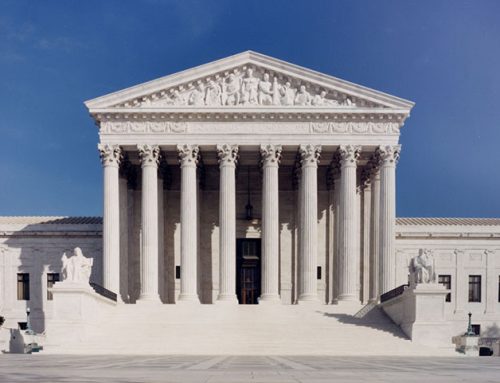Los Angeles Cannabis Regulatory Agency Faces Leadership Shake-Up Amid Market Challenges
LOS ANGELES– Los Angeles Mayor Karen Bass is instigating a shake-up in leadership across various city agencies, including a significant management overhaul at the city’s Department of Cannabis Regulation (DCR). This change comes at a critical time when the department oversees a roughly $1 billion cannabis market and grapples with large-scale problems, including unlicensed cultivation sites and new real estate challenges.
Seeking New Leadership
The signs of this major reshuffle have been evident, with a job listing for an executive director for the DCR posted on the city’s employment website for several weeks. The speculation that interim director Michelle Garakian may be leaving her post has grown, with the deadline for applications set at 4 p.m. PT on August 18. The annual salary for the position ranges from $155,681 to $276,075.
The DCR’s executive director will oversee a staff of 55 employees and an adult-use cannabis market generating about $1 billion in annual sales, comparable to entire states with established recreational programs.
Challenges and Achievements
The Los Angeles program recorded first-quarter total taxable cannabis sales of $236,871,994, reflecting a thriving market. However, the DCR, under Garakian’s interim leadership, has dealt with numerous challenges, including licensing delays, administrative setbacks, and legal challenges.
Garakian, a veteran DCR insider, was appointed as interim director by previous Mayor Eric Garcetti in March 2022. Among her priorities were unclogging bottlenecks in cannabis business license applications and approvals, transitioning provisional licenses to annual ones, and returning to the department’s core mission of licensing.
Some significant strides under Garakian include:
- Transitioning over 1,100 applications from temporary to annual licensing processes.
- Issuing environmental-review letters for transitioning from provisional to annual licensure at the state level, as of July 31, 2023.
- Fully staffing the agency for the first time in its five-year history.
Persistent Issues
Despite the accomplishments, large-scale problems linger in L.A.’s cannabis industry. Only a few social equity retailers are operational, as capital shortages and securing approved real estate remain long-standing challenges.
Mayor Bass’s plan to build and retrofit housing units for the homeless, known as Permanent Supportive Housing (PSH) properties, adds to these challenges. Cannabis stores are prohibited from operating within a 700-foot radius of such properties, complicating the search for suitable locations.
The city’s vast network of unlicensed operators continues to thrive, even with multiple illegal stores shutting down. Law enforcement officials cite a lack of resources to limit unlicensed cultivation sites, and local laws offer limited ability to enforce against unlicensed activity.
The management overhaul at the Department of Cannabis Regulation comes at a crucial juncture for Los Angeles. The city is wrestling with a complex web of challenges, from licensing and real estate difficulties to the struggle against unlicensed operators. The new leadership will not only inherit these problems but also have to build upon the achievements of the department to drive forward a billion-dollar market. The mayor’s office has remained quiet on the specifics of the change, emphasizing that decisions in relation to the city’s cannabis industry will be made with due care and consideration.



































